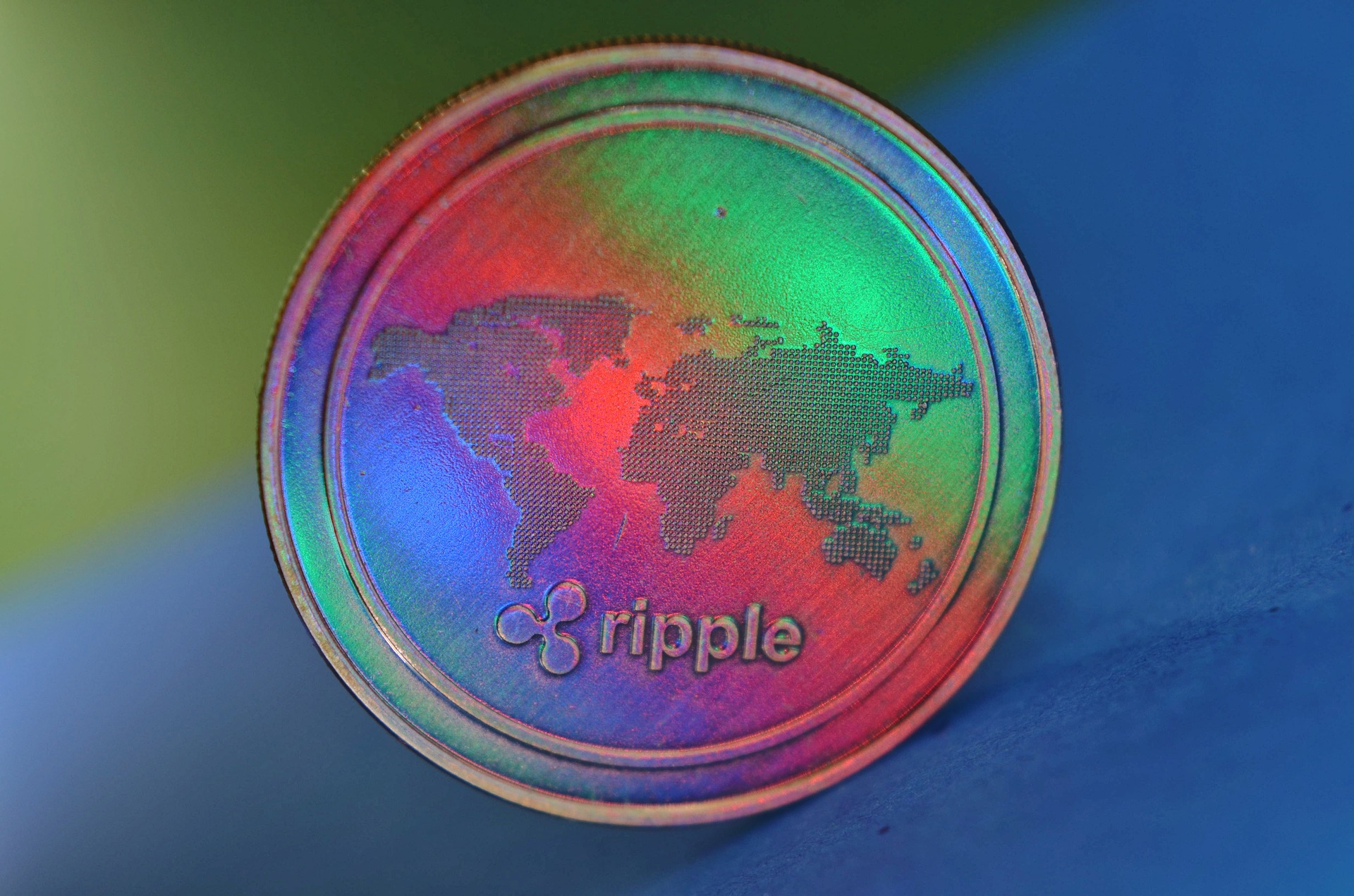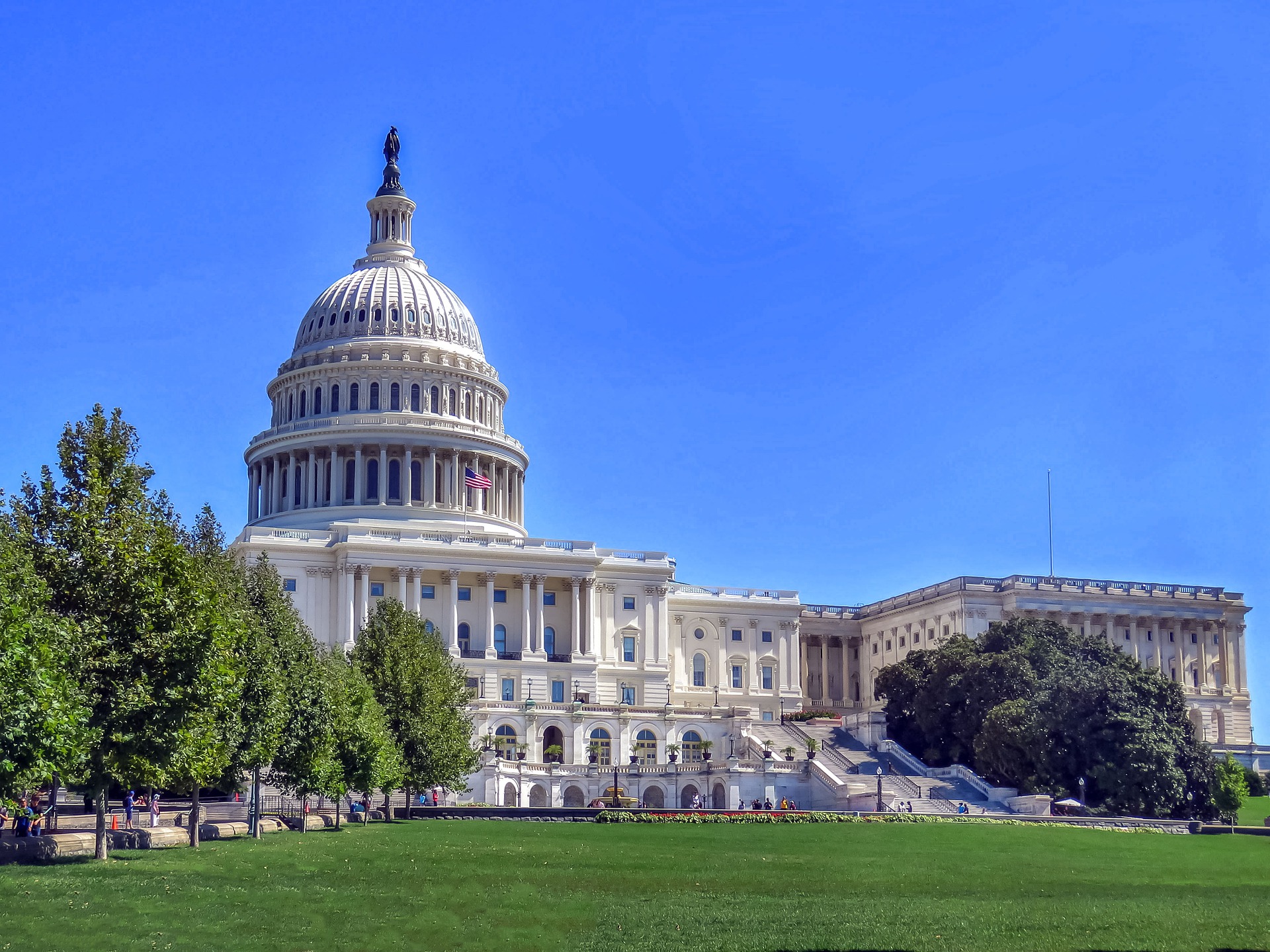Australian payment services provider Novatti has announced a partnership with the major US blockchain firm Ripple. The collaboration will provide Novatti’s customer base with access to RippleNet, Ripple’s massive global network of financial institutions.
The RippleNet network covers 55 countries worldwide and offers quick and easy foreign exchange in over 120 currency pairs. Using blockchain technology and liquidity provided by the XRP cryptocurrency, RippleNet can complete cross-border payments faster and cheaper than traditional banking methods.
With Ripple onboard, Novatti’s clients will have better access to international remittance corridors between Australia and Southeast Asia. Novatti also hopes the partnership will further accelerate its development in the rapidly growing Southeast Asia region.
“Novatti is incredibly excited to partner with Ripple, who are rapidly disrupting the global payments industry. This partnership will further increase Novatti’s competitiveness and provide our customers with access to new, innovative payment solutions,” said Novatti Managing Director Peter Cook.
Ripple
Since its formation in 2012, Ripple has gone through many changes and involved several prominent figures in the crypto sector, such as Mt. Gox founder Jed McCaleb. McCaleb, who co-founded Ripple with David Schwartz and Arthur Britto, left the project in 2014 to form the non-profit Stellar Development Foundation, and created the Stellar Lumens (XLM) cryptocurrency.
By 2018, Ripple had secured partnerships with over 100 banks worldwide and began drawing the attention of traditional remittance providers like SWIFT. However, the growth was met with some resistance after several investors filed a class-action lawsuit against the company, alleging that it raised millions of dollars through unregistered XRP token sales.
Most recently, Ripple CEO Brad Garlinghouse threatened to relocate the multi-million dollar company overseas due to a lack of clarity from the US Securities and Exchange Commission (SEC) regarding the legal status of XRP. Ripple general counsel Stu Alderoty believes other jurisdictions have better regulatory clarity and it would be “irresponsible not to explore those opportunities.”
Novatti
Australian fintech firm Novatti has been aggressively expanding its business lately with multiple international partnerships. Last month it secured a lucrative deal with the global card payment company UnionPay, which serves 90% of the ATMs and 80% of sales terminals in Australia.
Other major firms that the company has recently secured partnerships with include Visa, Google Pay, Alipay, and Samsung. After receiving regulatory approval in October this year, Novatti now plans a further expansion into the New Zealand market.
Novatti is listed on the Australian Stock Exchange (ASX) under the ticker $NOV.




